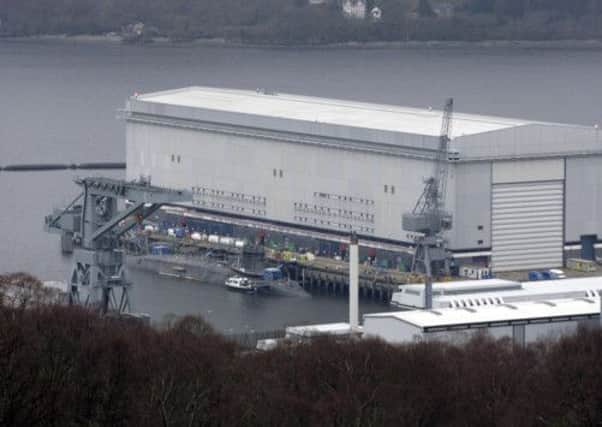Scottish independence: what would happen to Trident?


The SNP has said it would not tolerate Britain’s nuclear weapons here, and has even suggested writing such a ban into a new constitution. However, that is the easy bit. Defence analysts have pointed out that to transfer the subs, warheads and the huge infrastructure which supports them to a new base south of the border quickly will be extremely difficult, and perhaps impossible. Even the SNP has hinted at the problem, declining to give an exact date for when it wants them out.
So what might happen? There would be nothing preventing Scotland from demanding that Trident was removed immediately. But no country is an island, and such a decision would have to be balanced against the risks and ramifications that could flow from it. International pressure, from the EU, America and NATO (which the SNP wants to join) is all likely to push for a resolution. Both Scotland’s Labour and Tory parties - who have so far remained mute on the issue - would probably be sympathetic to those calls. There could therefore be a deal that keeps Trident at Faslane for a set period. Analysts have suggested around 30 years. The UK could then have time to come up with a Plan B. Liam Fox, the former Defence Secretary, even suggested Faslane become a British-owned base, similar to British Navy ports in operation in Cyprus.